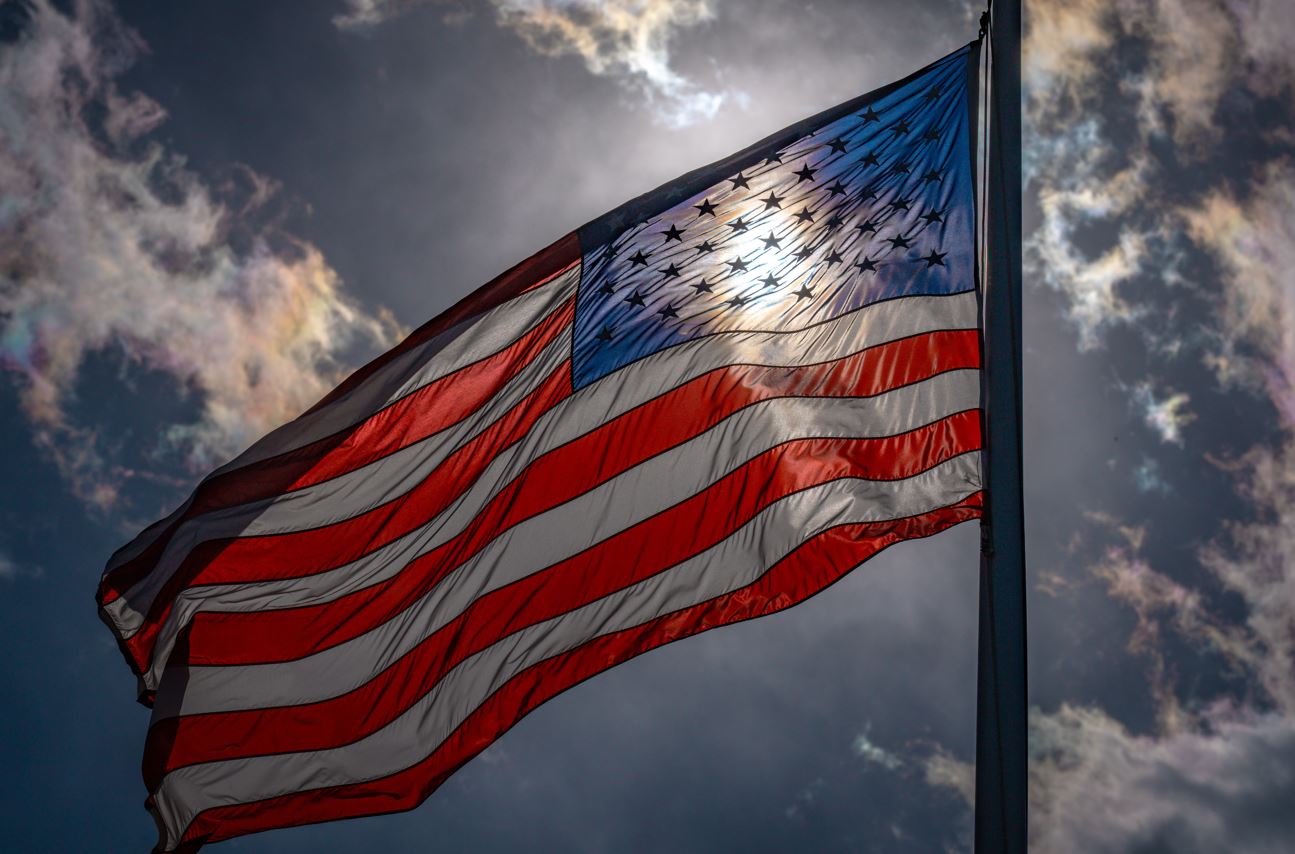Natalia Slobodian discusses the US Presidential Election and how the outcome could impact climate change action.
The upcoming US presidential election in November could greatly affect global efforts to address climate change. The candidates, Kamala Harris and Donald Trump, differ significantly in their views on international collaboration. Trump and the Republicans oppose policies supporting the transition to clean energy, citing concerns about the US economy and competition with China. On the other hand, Kamala Harris, the Democratic candidate and current Vice President, is a vocal advocate for tackling the climate crisis, calling it an “existential threat”. During her time as California’s Attorney General, Harris took action against oil and gas companies like Exxon Mobil, British Petroleum, and Plains All-American Pipeline after an oil spill in Santa Barbara.
Throughout various US presidential elections, the country’s policies on climate change have seen significant shifts. Under President Trump, the US made history when it withdrew from the Paris agreement. However, the Biden administration has taken steps to reverse the Trump-era energy and environmental policies. Notably, they introduced the Inflation Reduction Act (IRA), stimulating investment in clean energy and creating new jobs. The administration has also tightened regulations on polluting industries and is working on requiring companies to report climate data. In 2022, Biden and Harris passed a comprehensive package to boost renewable energy, support electric vehicles, cut greenhouse gas emissions, and safeguard infrastructure from climate impacts.
Despite these efforts, there are calls for Harris to enhance climate action further to align with international partners’ expectations. At the same time, Trump has announced plans to eliminate regulations on the oil and gas industry and push for increased drilling and extraction of fossil fuels. He has reportedly sought $1 billion in donations from fossil fuel industry representatives to support his campaign and promised to reverse climate regulations if he wins the election.
The upcoming COP29 summit, scheduled shortly after the US election, is clouded by uncertainty as the world awaits to see if Donald Trump or Kamala Harris wins the presidency. Countries are hesitating to take clear positions at the crucial UN climate talks until the White House situation is resolved.
The timing has complicated global efforts to reach agreements on climate action, environmental protection, and addressing plastic pollution. At the negotiations, there is a push to secure more climate funding for developing nations to combat climate change, but some countries are cautious about committing specific financial amounts until after the U.S. election outcome is known. This delay in making commitments has frustrated those urging wealthy nations to pledge money for clean energy and climate efforts in poorer countries. Wealthy donors like the United States, European Union, and Canada, who have traditionally paid for climate aid, haven’t offered a set amount this time. Instead, they are calling on China and other major emerging economies to contribute. There’s always been tension between rich and poor countries about who should cover the costs of climate damage.
Although the impact of the US election might seem important, but it may not matter as much as it appears. If Trump wins and the U.S. pulls out of global climate agreements, the damage might be limited. Leaving the Paris Agreement or even the UN climate treaty sounds like a big problem. But it might cause less trouble than if Trump stayed in and disrupted things from the inside. Many governments, especially in Europe, and U.S. states and cities would continue their climate efforts, as they did during Trump’s first term. They’ve been through this before and would likely react faster this time around.
On the other hand, if Harris wins, there would be less disruption. However, she would still face the challenge of finding more money for climate action. The U.S. alone won’t provide enough climate funding, and this tension was already visible at the last big climate meeting, COP28, in Dubai and with a high probability will be a problematic issue at COP29 in Baku. While Harris might push for action, the real problem will be resolving the disputes over climate finance for the poorest nations. In 2009 within the COP15 that was hosted by Copenhagen climate cooperation went into a deep freeze for several years until new solutions were found in 2015, in Paris.
The real obstacle to global climate progress isn’t who’s in the White House—it’s the lack of climate funding and consensus among parties.
Natalia Slobodian is Research Fellow in the Faculty of Science, Engineering and Social Sciences, at Canterbury Christ Church University.
 Expert comment
Expert comment Emma Grafton-Williams
Emma Grafton-Williams 2672
2672


